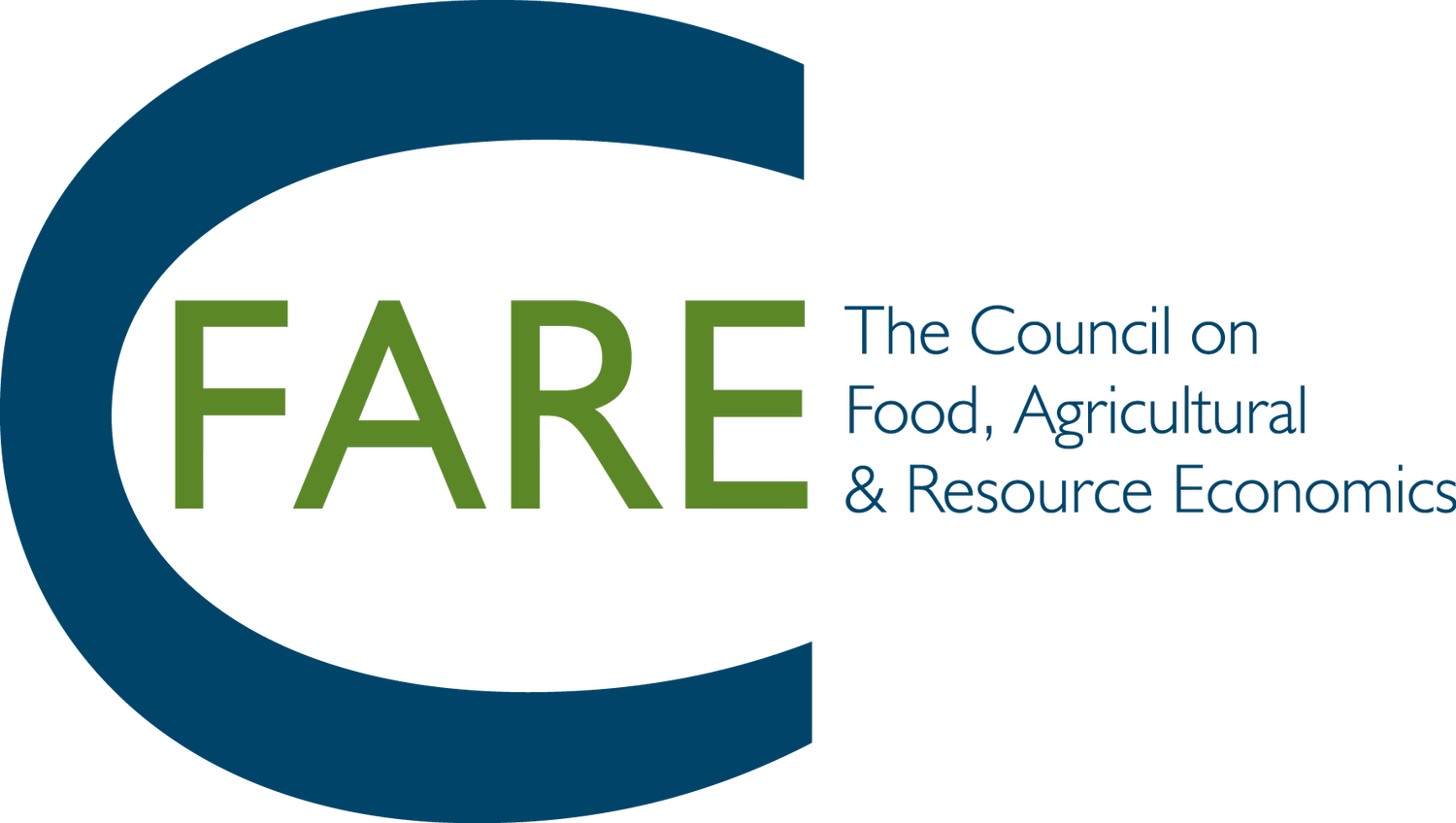Economic Perspectives on Wildfire — Preparation, Property and Health
The threat of wildfires has become an increasingly large challenge faced by many Americans and as of October 1, over 44,000 wildfires have burned nearly 7.7 million acres in the United States this year. This growing threat is in part due to increasing temperatures and changing weather conditions that are making the fires far more difficult to control and easier to spread.
High-Speed Internet in the Heartland — The Challenges and Opportunities of Rural Broadband
The Council on Food, Agricultural and Resource Economics (C-FARE) hosted a free webinar on October 16th, 2020 to consider the challenges and opportunities facing increased broadband access in rural America. This event was moderated by C-FARE’s past president Roger Coupal.
Experts discuss SNAP benefits and logistics, ‘Pandemic EBT’ and nutritious diet cost estimates
The year 2020 has focused a great deal more attention on the nation’s Supplemental Nutrition Assistance Program (SNAP) benefits and the logistics of food assistance as well. On Aug. 31 the Council on Food, Agricultural and Resource Economics hosted a four-expert panel on the matter hosted by board member Sean Cash, the Bergstrom Foundation Professor at the Friedman School of Nutrition Science and Policy at Tufts University, and featuring panelists George Davis of Virginia Tech, Shewana Hairston McSwain of North Carolina A&T State University, and Parke Wilde of Tufts University.
Cultivating talent — Agriculture and applied economics at the nation’s 1890 universities
The 19 institutions established under the Second Morrill Act of 1890 comprise a group of historically black universities (HBCU’s) seeded with federal dollars in order to strengthen research, extension and education in food and agricultural sciences. Applied economics is an important discipline across both courses of study.
'Interdisciplinary Approach,' 'Communication' Top List of Tips Agricultural Economists, Policy Experts Share with Early Career Professionals
Take an interdisciplinary approach to agriculture, learn to communicate economics to an audience of non-economists, and follow your passion — these were just a few of the tips four leading Washington economists and agriculture policy mavens offered attendees of NextUp, the Council on Food, Agricultural and Resource Economics’ (C-FARE) summer early career development program.
NextUp — A career development panel for young professionals + students in agricultural and applied economics
The agricultural and applied economics profession is brimming with young talent preparing to lead the next wave of research projects, policy changes and innovation. In our ongoing effort to catalyze informed decision making, the Council on Food, Agricultural and Resource Economics (C-FARE) will host a professional development panel from 1 p.m. to 3:00 p.m. EDT July 22.
Local Food Markets, Labor + Metrics Panelists Answer Audience Questions
About 280 registered for C-FARE’s latest webinar, Local Food Markets, Farm Labor and Metrics in a Time of Covid-19, which is reviewed here with a link to the full broadcast on the council’s YouTube channel.
C-FARE WEBINAR June 26, 2020 — Local Food Markets, Farm Labor and Metrics in a Time of Covid-19
Covid-19 has devastated the economy, led to spiraling unemployment and increased food insecurity. How will this impact local food systems, and what changes are needed? Farmers markets have restructured to limit the spread of the virus but also witnessed demand spike.
C-FARE WEBINAR June 5, 2020 — How Resilient Is the U.S. Meat Supply Chain? Lessons from Covid-19
Despite a steep decline in meat processing and a 92% jump in the price of wholesale boxed beef earlier this spring, the U.S. livestock sector has demonstrated resilience and relative supply chain stability throughout the early months of the Covid-19 pandemic, three agricultural economists say.
C-FARE WEBINAR April 24, 2020 — E-Commerce During Covid-19: Opportunities for Food Producers to Make Direct Market Sales Online
More than 500 registered for a webinar hosted by the Council on Food, Agricultural and Resource Economics (C-FARE) and the Northeastern Agricultural and Resource Economics Association (NAREA) April 24, the most since the council began producing lunchtime webinars.













